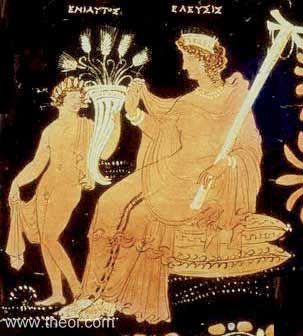We recently visited the expat offspring in England. One of the fringe benefits was getting the Guardian every morning. On October 5, reading an obituary for Gen Vo Nguyen Giap, who made it to 102, something struck me as misleading and I sent in a letter to the editor (which I rarely do at home, though I read misleading material every day in the Newspaper of Record). I wrote,
The obituary of Gen. Vo Nguyen Giap by Robert Templer http://www.theguardian.com/world/2013/oct/04/general-vo-nguyen-giap misleadingly states, “the Geneva Accords divided the country into the communist north and US-backed south, setting the stage for another war…” If memory serves, the Geneva Accords provided a timetable for elections and the reunification of Vietnam. It was the violation of the Geneva Accords —the refusal by the US-backed Diem regime in the South to take part in the promised elections— that led to the war.
I got a note acknowledging receipt and thought no more about it. Then, to my surprise, on Oct. 25 I got an email from the Obits editor, who had consulted an anonymous expert, who advised:
Mr Gardner has a point and yet his version is not quite right either. The Geneva Accords divided the country on a temporary basis until elections for a national government could be held. The accords specifically made the point that the division was not political ie not to do with a communist north or a non-communist south. Remember that the Viet Minh, in theory, was a popular front organisation including both communists and non communists, and the southern government was also, in theory, open to various political tendencies, including socialists if not communists.
However, to say that the United States and the southern government violated the accords is not right. Neither signed the accords, but merely “took note” of them. This was a dodgy stance obviously intended to give them the chance to wriggle out of the clause on elections. This they duly did when it became obvious that national elections would probably be won by the communists. This was perhaps wrong, but it was not technically a violation.
The editor concluded,
I think we probably should make a correction, but at the moment I cannot find Robert Templer to ask for his comments. However, we’ll try not to lose sight of the matter —best, Robert White, Obits editor
Very impressive that the Guardian would go to such lengths to get it right. Not that I did.





